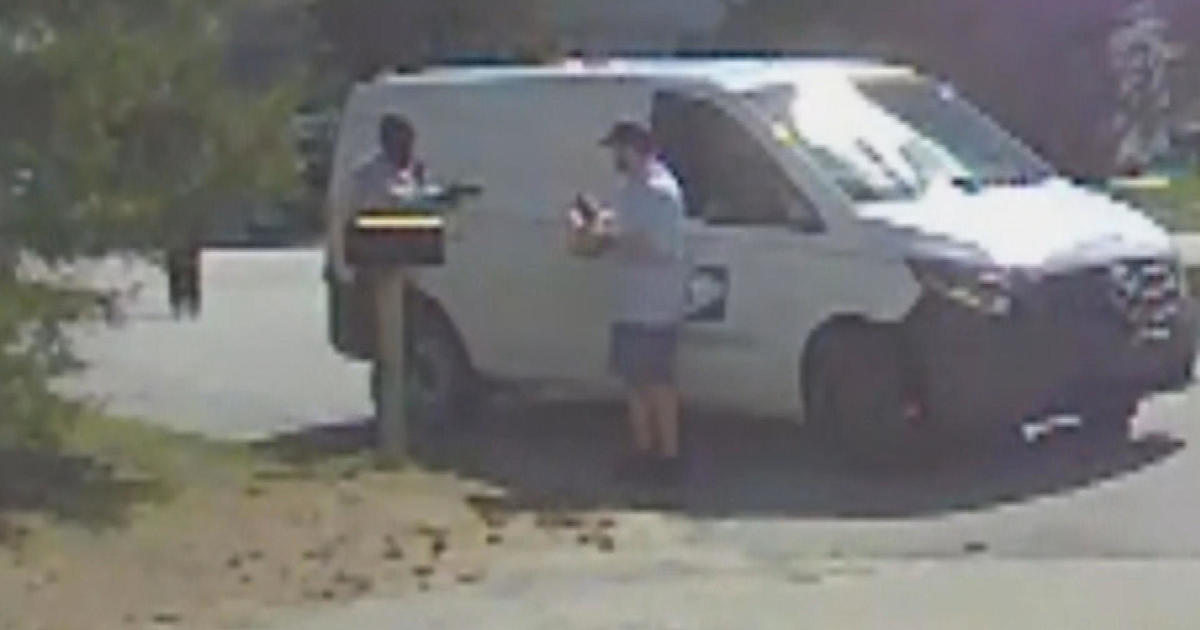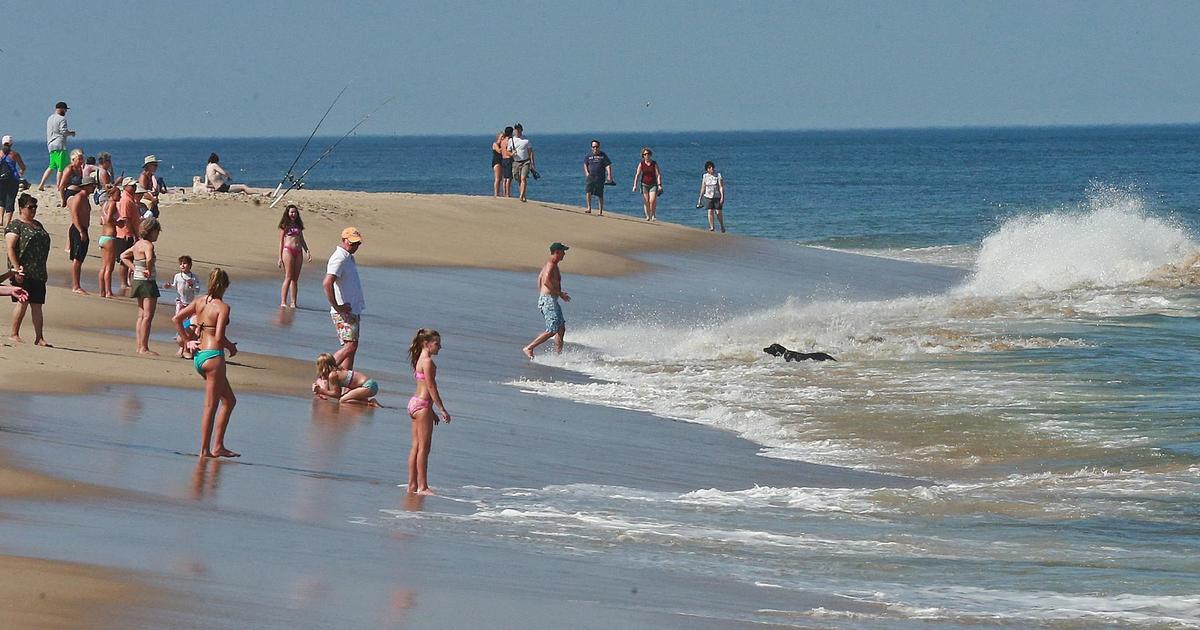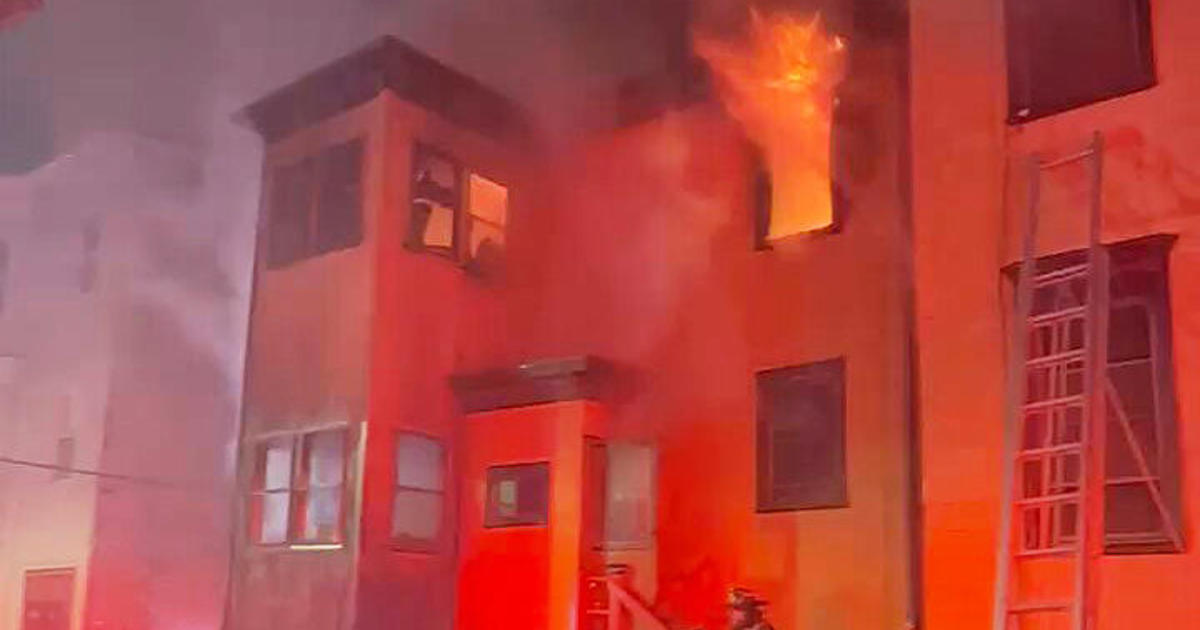Court Hears Challenge To New Hampshire 'Ballot Selfie' Law
BOSTON (AP) — Voters who post photos of their completed election ballots on social media are "taking the world into the voting booth with them," a lawyer for the state of New Hampshire complained to a federal appeals court Tuesday.
But that argument was met with skepticism from the 1st U.S. Circuit Court of Appeals in Boston as the New Hampshire Attorney General's Office defended a state law that bans posting such photos online. Members of the three-judge panel repeatedly questioned what the state's objection is to voters who want to use photos of their ballots to go public with how they voted.
"What's wrong with that?" Justice Sandra Lynch asked the lawyer.
Assistant Attorney General Steve LaBonte said if voters are allowed to post photos of their ballots, the state could open itself up to vote-buying and voter coercion. He used a hypothetical example of a boss who tells an employee to vote for one of his relatives or face losing his job. The boss could demand proof that the employee voted the way he was told, LaBonte said.
"We want to make sure that everyone can cast a ballot free of intimidation," LaBonte told the court in arguments heard on the same day as the state primary.
The law, which went into effect in September 2014, makes publishing a voter's marked ballot a violation punishable by a $1,000 fine. The American Civil Liberties Union of New Hampshire filed a federal lawsuit on behalf of three voters, including a man who voted for his dead dog because he didn't approve of candidates on the ballot.
Gilles Bissonnette, legal director of the ACLU-New Hampshire, said the state's argument in favor of the law is based on speculation. Both sides said the state hasn't prosecuted a case of voting fraud in recent memory.
"The law bans innocent political forms of expression," he said.
One of the voters named as a plaintiff in the lawsuit challenging the law was Andrew Langlois, who wrote in the name of his dead dog, Akira, for the Republican U.S. Senate candidate, then posted his ballot on Facebook. The other voters who sued were a state representative and a lawyer who was seeking his first term as a state representative. Both took photos of their ballots and posted them on social media.
The law was upheld last year by a federal judge, but the state appealed the ruling.
The 1st Circuit did not immediately rule. The Boston-based court hears appeals from federal courts in Massachusetts, Maine, New Hampshire, Rhode Island and Puerto Rico.
Copyright 2016 The Associated Press. All rights reserved. This material may not be published, broadcast, rewritten or redistributed.



